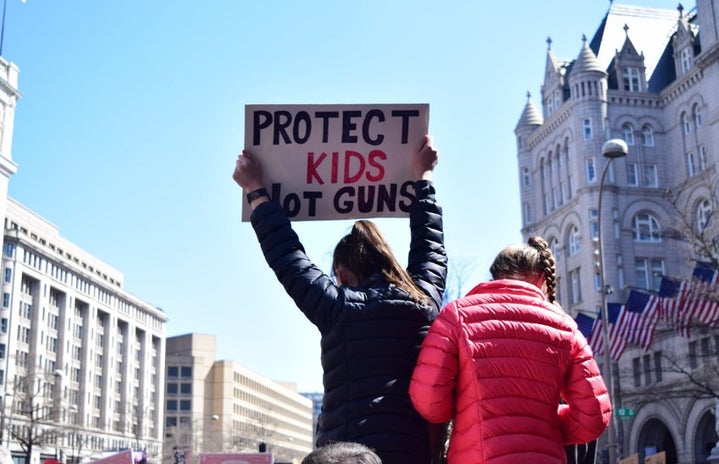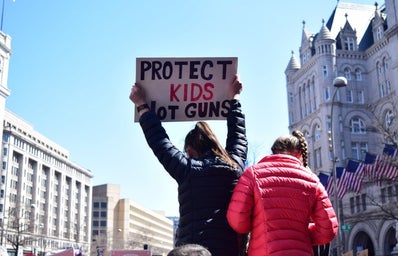On Nov. 3, the Supreme Court heard a case surrounding gun rights after routinely turning them away –– and their potential decision may make it increasingly difficult for those in populated areas to remain safe from gun violence.
In New York State Rifle & Pistol Association Inc. v. Bruen, the court heard about concealed carry in New York. The two petitioners, Robert Nash and Brandon Koch, attempted to obtain unrestricted licenses to carry handguns in New York state. Instead, they received restricted licenses which would allow them to carry firearms only for hunting and target shooting; Koch was additionally allowed to carry a gun to work.
The petitioners were not given unrestricted licenses because they did not meet the criteria under the idea of “proper cause” where a person needs a handgun for a heightened self-defense purpose under the Sullivan Act. This law is a “may issue” act rather than a “shall issue” act, where the police have discretion to give a concealed carry license rather than being required to give a concealed carry license.
This case may be the most impactful Supreme Court case on gun laws since District of Columbia v. Heller and McDonald v. City of Chicago which took place in 2008 and 2010 respectively.
These cases stated that Second Amendment protections extend to arms that were not in existence at the time of the founding and that this also applied to the states. This New York case has to do with the coverage of concealed carry by the second amendment. Since District of Columbia v. Heller and McDonald v. City of Chicago, three new justices, Amy Coney Barrett, Brett Kavanaugh and Neil Gorsuch were appointed to the court by Trump. Each of the justices use a strict interpretation of the Constitution and are traditionally conservative. This is the first time this new court has heard a case on gun rights after the issue has not been seriously considered since 2010. New York State Rifle & Pistol Association Inc. v. Bruen could change that.
The implications of lifting the restrictions that the New York law would not only affect New York, but several other states as well –– some of which are highly populated and would lead to a higher danger of gun violence, including California. By increasing the “rights” of gun-owners and lifting restrictions on concealed-carry weapons, the rights of innocent people are impeded on. In populated states like New York, less restrictions on concealed-carry weapons would be highly dangerous to the public considering the concentration of people in places like New York City. This would particularly impact marginalized communities who are often most vulnerable to gun violence.
This case could open so-called rights for many who are pro-gun if the court decides that the New York law is unconstitutional, but would deprive many others of their safety.


